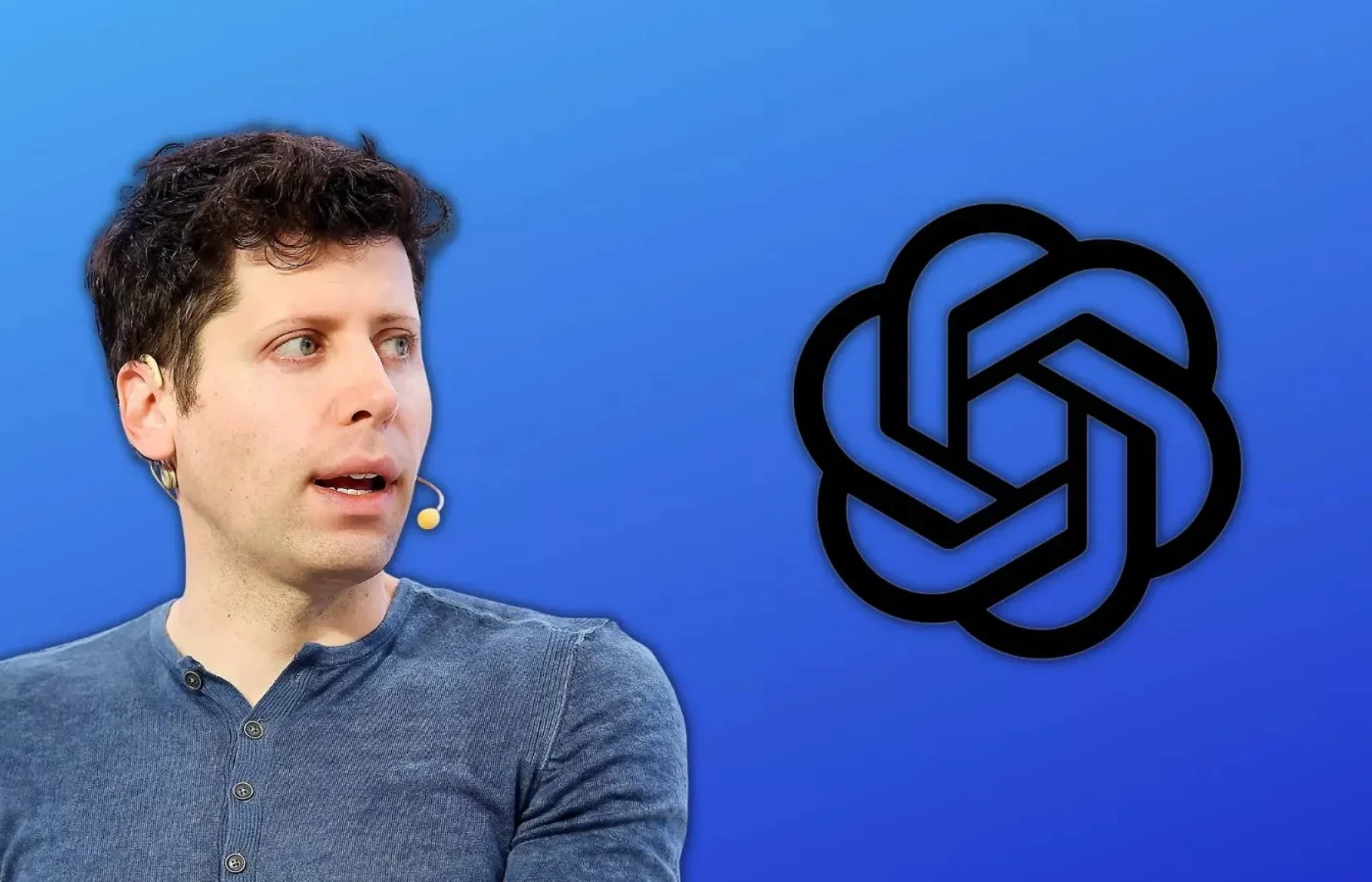
While the legal battle between Elon Musk and OpenAI is scheduled to begin in the spring of 2026, the team at OpenAI has filed a countersuit accusing Musk of sustained harassment.
The OpenAI/Musk feud thus far
Although the roots of the feud go all the way back to the late 2010s and the early days of OpenAI, the legal battle between Musk and OpenAI officially began in February 2024.
That’s when Elon Musk filed his original lawsuit against OpenAI, alleging the AI company had strayed from its founding mission as a nonprofit. While that lawsuit was later withdrawn, Musk filed a revised complaint containing the same core allegations in August 2024.
Musk’s legal team also sought a preliminary injunction against OpenAI, which was meant to temporarily halt its transition to a for-profit model; however, that request was denied by the US District Judge Yvonne Gonzalez Rogers, who instead scheduled a jury trial to begin on March 16, 2026.
In February 2025, an investment consortium led by Musk placed a bid of $97.4 billion to purchase OpenAI. The buyout was expeditiously rejected by OpenAI’s board of directors.
OpenAI’s countersuit
OpenAI’s countersuit revolves around Musk’s alleged ongoing harassment of the company. It cites all of the events mentioned above as evidence to support its claims.
The countersuit reads, in part: “Through press attacks, malicious campaigns broadcast to Musk’s more than 200 million followers on the social media platform he controls, a pretextual demand for corporate records, harassing legal claims, and a sham bid for OpenAI’s assets, Musk has tried every tool available to harm OpenAI.”
OpenAI is not denying its intentions to transition to a for-profit model; the company says it’s a necessary step that will help them maintain competitiveness in the ever-growing consumer AI market. However, OpenAI insists it’s staying true to the original goal of developing AI for the betterment of humanity instead of focusing solely on corporate profits.
According to OpenAI, the company must complete its transition to a for-profit model by the end of 2025. Failure to do so would cost OpenAI a substantial portion of the $40 billion the company secured during its most recent round of fundraising.
If Musk’s lawsuit is successful, it seems OpenAI will need to abandon its for-profit model entirely — a move that could jeopardize the future of the company. For now, both parties await the upcoming jury trial in spring 2026.











